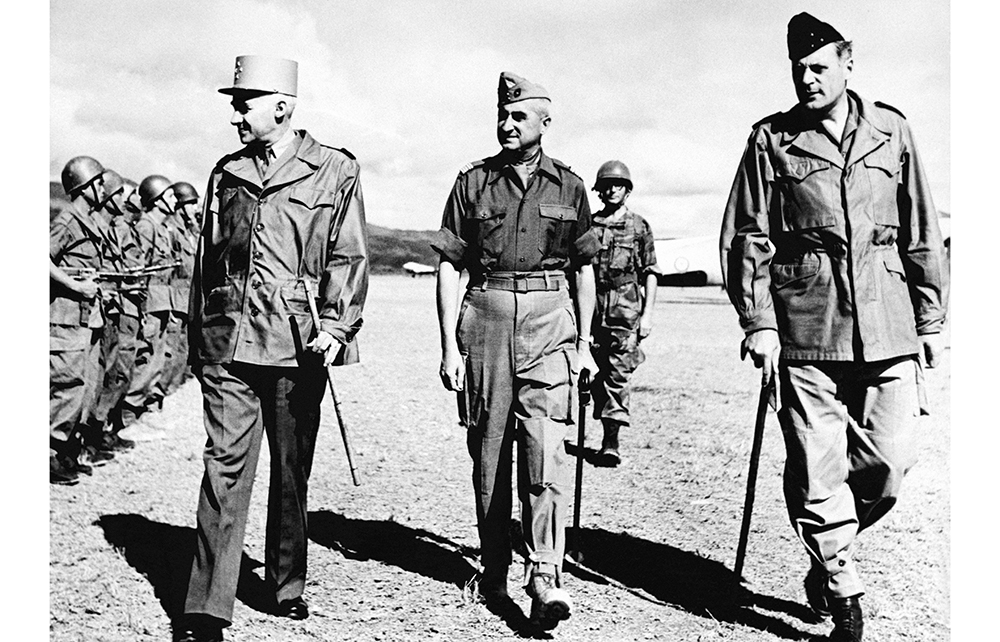Experts in urban fauna have apparently discovered a ‘sacred triangle’ between the Parc Monceau and Neuilly in the west of Paris. A short distance from the wind-blasted northern arrondissements with their ‘robust but primitive population’, the leafy avenues and eco-landscaped gardens of private mansions on the edge of the Bois de Boulogne have created a special microclimate. Here, a protected human species has found its natural habitat and breeding ground. Avaricious, nepotistic and practically inexterminable, it has caused death and suffering on an unimaginable scale while amassing wealth which far exceeds its natural needs.
Some of its sub-groups are well known – the Michelin company, for instance, whose rubber plantation outside Saigon in the 1940s used torture and incarceration as routine personnel management techniques. Others, such as the French Coal Mining Company of Tonkin, have disappeared or mutated into other parasitic corporations.
An Honourable Exit is a logical successor to Éric Vuillard’s much longer and more luxuriant Conquistadors (not yet translated into English), which recounts the annihilation of the Incan empire, and his Goncourt Prize-winning The Order of the Day, on the captains of industry who smoothed the path of Hitler and whose companies prosper to this day. His new novel of greed and catastrophe is an entrancingly nightmarish analysis of the First Indochina War and the motivations of its principal actors.
Bloated with enormous profits, French companies and their financial backers had already unstuck themselves from the failing colony when the French army suffered its terminal humiliation at the siege of Dien Bien Phu in 1954. The plan had been to win a huge, low-cost victory against the Vietminh and then leave Indochina with honour more or less intact. The war was unpopular in France, but defeat was tempered, Vuillard suggests, by the fact that most of the infantry in the French army were Arab, Black African and Vietnamese.
Why the army was ordered by its commander in chief, General Navarre, to ‘bury itself’ in a huge entrenched camp among the rice fields of Dien Bien Phu is something of a mystery. Vuillard describes the setting as a ‘chamber pot’ at ‘the crossroads of East and West’. The Vietnamese People’s Army under Ho Chi Minh had simply to occupy the rim of the pot, pound the camp with artillery and then dispose of its hapless occupants.
A bracing antidote to the psychological blandness of standard military history, Vuillard’s narrative beleaguers his protagonists with their own animality and subjects them to a mesmerisingly merciless bombardment:
A commander-in-chief is a blend of misplaced honour, small grievances, great pride – like the rest of us, basically – but all of it stuffed into a uniform, kneaded and moulded, concealed, fucked up with outmoded values that we now have a hard time understanding or even identifying.
His rubber barons, banana magnates, bankers, career soldiers and politicians are a self-perpetuating clique of arrivistes, recent aristocrats and résistants de la dernière heure (cowards or Nazi collaborators who joined the Resistance only when the Allied victory was certain). All of them are portrayed with an intestinal intensity reminiscent of Émile Zola. They struggle with the irritating stickiness of things, the trivial discomforts of clothing and flesh, the awkwardnesses of language and, very occasionally, the faint pricks of conscience.






Comments